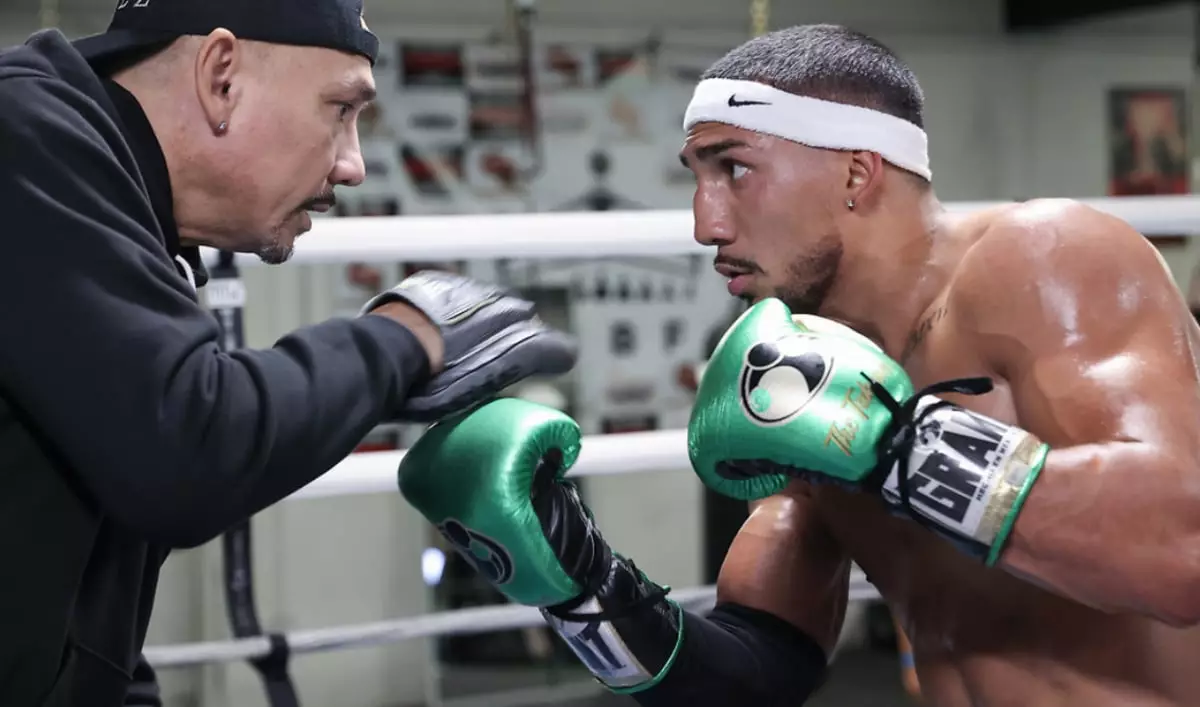In the intricate world of professional boxing, timing and decision-making are often everything. Recently, Teofimo Lopez, a former unified lightweight champion now nestled in the welterweight realm, expressed considerable frustration on social media regarding Jaron ‘Boots’ Ennis’ decision not to fight him. Lopez criticized Ennis, who holds the IBF and WBA welterweight titles, stating that his reluctance to engage with Lopez reflects poorly on the boxing legacy of Philadelphia. This sentiment, though passionate, may overlook the broader context of boxing strategy and career preservation.
The Complications Surrounding Ennis’ Choices
Ennis (34-0, 30 KOs) finds himself in a complex web of obligations and aspirations. Far from being a simple choice of opponents, fighting Lopez could have massive implications for his career trajectory. Ennis is currently under the WBA’s mandate to face Shakhram Giyasov, a fight that has been looming since Giyasov previously stepped aside for Ennis’ last bout. If Boots were to divert his attention toward Lopez, he risks disrupting his preparation and focus on a critical matchup that could solidify his standing as a boxing titan.
Moreover, Ennis has ambitions that extend beyond merely defending his title; he dreams of unifying the welterweight division before testing the waters at 154 pounds. At this pivotal point in his career, the risk of stalling his momentum for a fight with Lopez, who is also trying to find his footing in a new weight class, might appear rather unwise.
Lopez’s Perspective and the Reality Check
While Teofimo’s outrage is palpable, suggesting that Ennis is a coward may be misplaced. Boxing is not solely about bravado; it operates within a framework of strategic decisions made to optimize competitive viability. Lopez’s assertion that Ennis is avoiding the “best” in favor of lesser competition fails to acknowledge that there are numerous compelling fighters within reach. With names like Gary Antuanne Russell and George Kambosos Jr. available, Lopez himself could pivot and explore these alternative matchups.
Moreover, Lopez’s recent comments indicate a simmering paranoia concerning his own standing in the sport. His worry about the possibility of losing the Ring Magazine title seems disproportionate to the immediate concerns of making a significant impact in the welterweight division. Titles are fleeting; legacies are sculpted through decisive wins against top contenders, something Teofimo has yet to prove since moving up in weight.
The Tug of War Between Legacy and Reality
The visible tension encapsulated in the discourse between these two fighters exemplifies the challenges of boxing’s evolving landscape. For a fighter like Lopez, being vocal about his desire to establish a legacy in Philadelphia is commendable, but it also echoes a sense of desperation. As he faces the realities of his recent career trajectory—having experienced a firing and previous losses—he must assess whether targeting Ennis will serve as a productive endeavor or distract from regaining momentum.
Lopez’s callout of Boots may serve as an attempt to rekindle his visibility, but in the grand chess game of boxing, the best moves require more than just a loud voice; they need precise execution based on strategic foresight. Ennis’ current trajectory does not merely reflect personal ambition; it mirrors the necessity for calculated decision-making in a sport where every choice can alter not only careers but entire legacies.


Leave a Reply